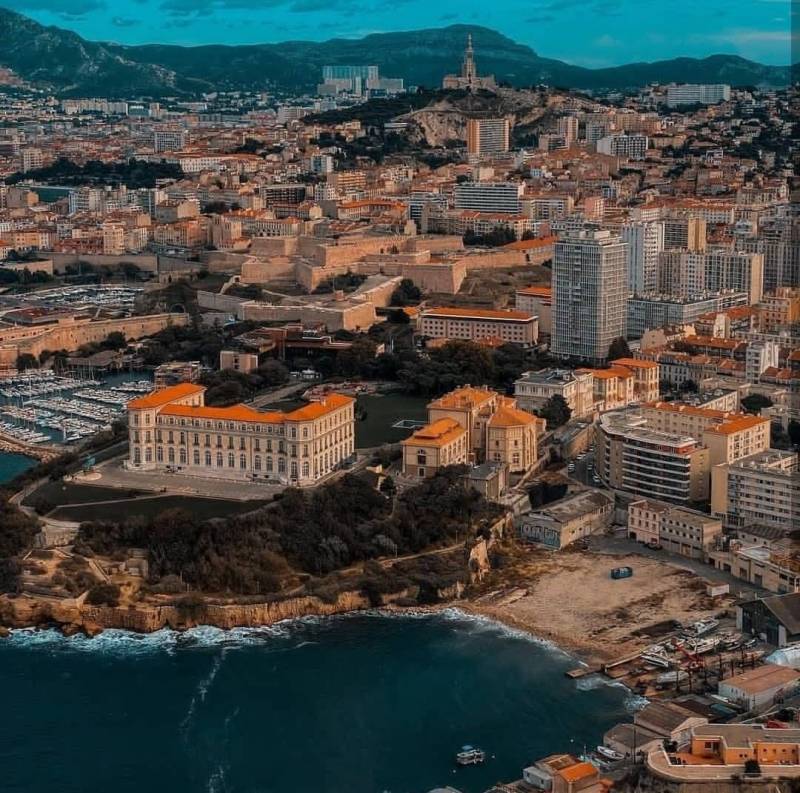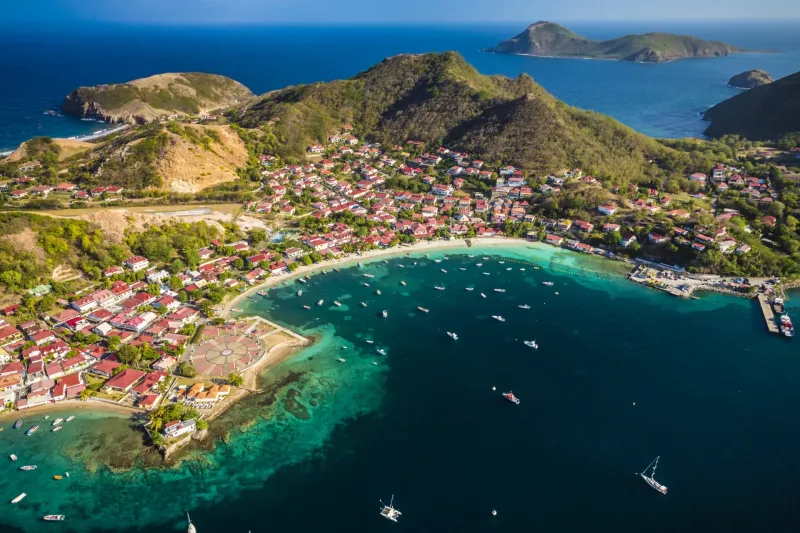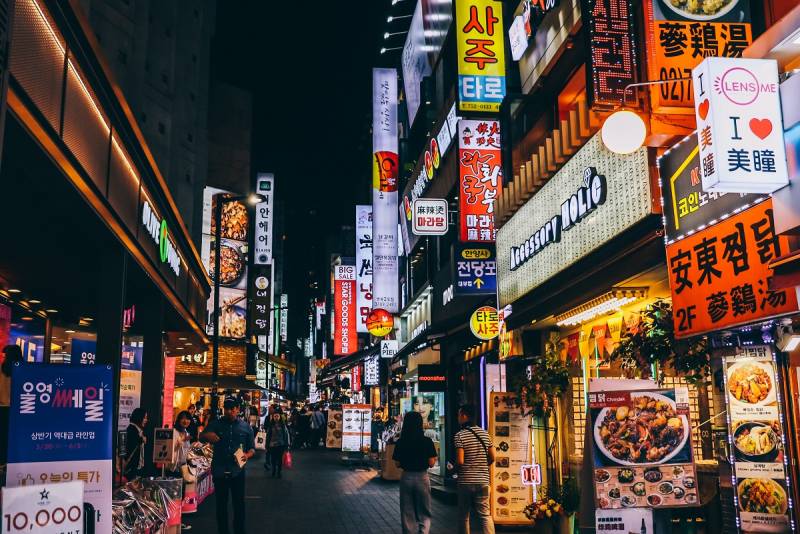For the same reasons that make it so great, "the city of 100 neighborhoods" has long been overlooked: it's not like Paris, Lyon, or Aix.
The train sped out of Paris and into a realm of swollen wheat fields peppered by charming farmhouses, the quintessential northern French terrain I had neglected since my semester on the Erasmus study abroad program nearly 20 years ago. Despite visits in the interval, I spent the majority of my time in Asia, composing guidebooks 9,600 kilometers east of the Champs Élysées.
But homesickness followed me across Shanghai's French Concession, Hanoi's café-lined boulevards, and even the lines for croissants in artisan bakeries in Hanoi, Hong Kong is a city in Hong Kong. I was itching to take up where I'd left off, so when a French friend I'd met in Guangzhou, China, offered me to visit, I jumped at the chance to visit France's "second-city."
I was thinking about Marseille as the train from Paris pursued the southern horizon. Despite giving its name to the rebel-rousing national hymn La Marseillaise, the city has a reputation for being unique from the rest of France. It's a city on the outskirts, both geographically and culturally, with a population made up of waves of migrants who arrived over the course of two millennia, making it not just France's oldest but also its most multicultural city.
The tale began with the Greeks, who recognized the strategic importance of the location while sailing from Asia Minor, deep-water port and settled in what is now Le Panier overlooking the Vieux Port. The Greeks traded with the Gauls, introducing grapes and olives to the region, unwittingly laying the foundation for Provençal cuisine.
Six centuries as an independent Greek city came to an end when Caesar's soldiers landed in 49BC, seizing the city for Rome and ushering in 500 years of Gallo-Roman culture. The Visigoths conquered the city in the fifth century, and the Arabs devastated it in the ninth century. The Great Plague of 1720-1721 decimated the city's population, which was memorialized in a temporary exhibition at the Marseille History Museum when I visited, with clear connections to the current coronavirus outbreak. Marseille, on the other hand, persisted.
When France's ambitions became more global, particularly after 1830 and the end of the Napoleonic wars, the southern port of Marseille emerged as the Empire's main nexus point, and Marseille enjoyed a golden age as the "Gate of Empire": France's colonial officers, her colonial officers, her colonial officers, her colonial officers, her colonial officers, her colonial officers, her colonial officers, her colonial officers, her colonial officers, her navies and fortune-seekers departed from the Vieux Port, first to North African and American colonies, and, after the completion of the Suez Canal in 1859, to Asia as well.
echoed between bakeries vending flatbreads. Men in flat caps sipped mint tea from thimble-like glasses. A block downhill, women in sublimely colourful dresses of the Sahel sold almonds from Morocco and avocados from the Ivory Coast, humming along to the latest hits from Bamako, Mali's capital. And I began to get a sense of why Marseille is called "the city of 100 neighbourhoods".
"They didn't truly clean up the Vieux Port until the city was named the European Capital of Culture in 2013," Marie Picard, Pierre's sister, noted. "Now we have a place to walk about and enjoy." Marseille's year-long EU designation not only allowed the city to display its unique Mediterranean culture, but it also spurred authorities to clean up the historic harbor. The waterfront and nearby commercial areas were pedestrianized and made more tourist-friendly.
The Parisians who, like Pierre and Marie, have dared to break with their tribe and move south, despite a centuries-old rivalry that still plays out in the "Le Classique" whenever Paris Saint-Germain plays Marseille, are highlighting Marseille's many civic improvements, which include a new tramway completed in 2007.
I went to the Plage des Catalans to get away from the heat. I whizzed around the magnificent Fort St-Nicolas on the Vieux Port's south side on an e-scooter. The beach was bathed in an exotic golden hue under the late-afternoon sun.
"If you come to France and don't come to Marseille, you won't see France," Marie used to say at lunchtime.




